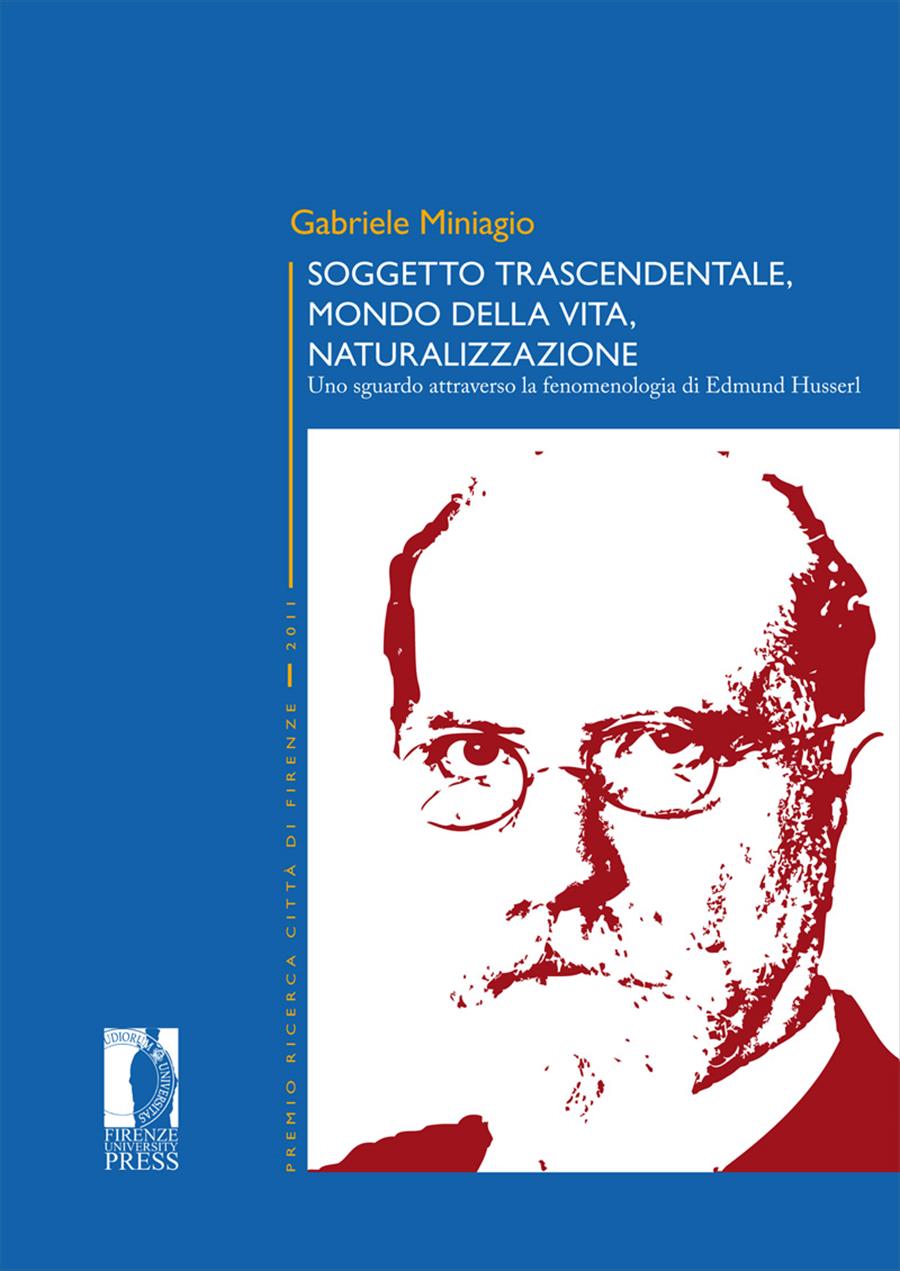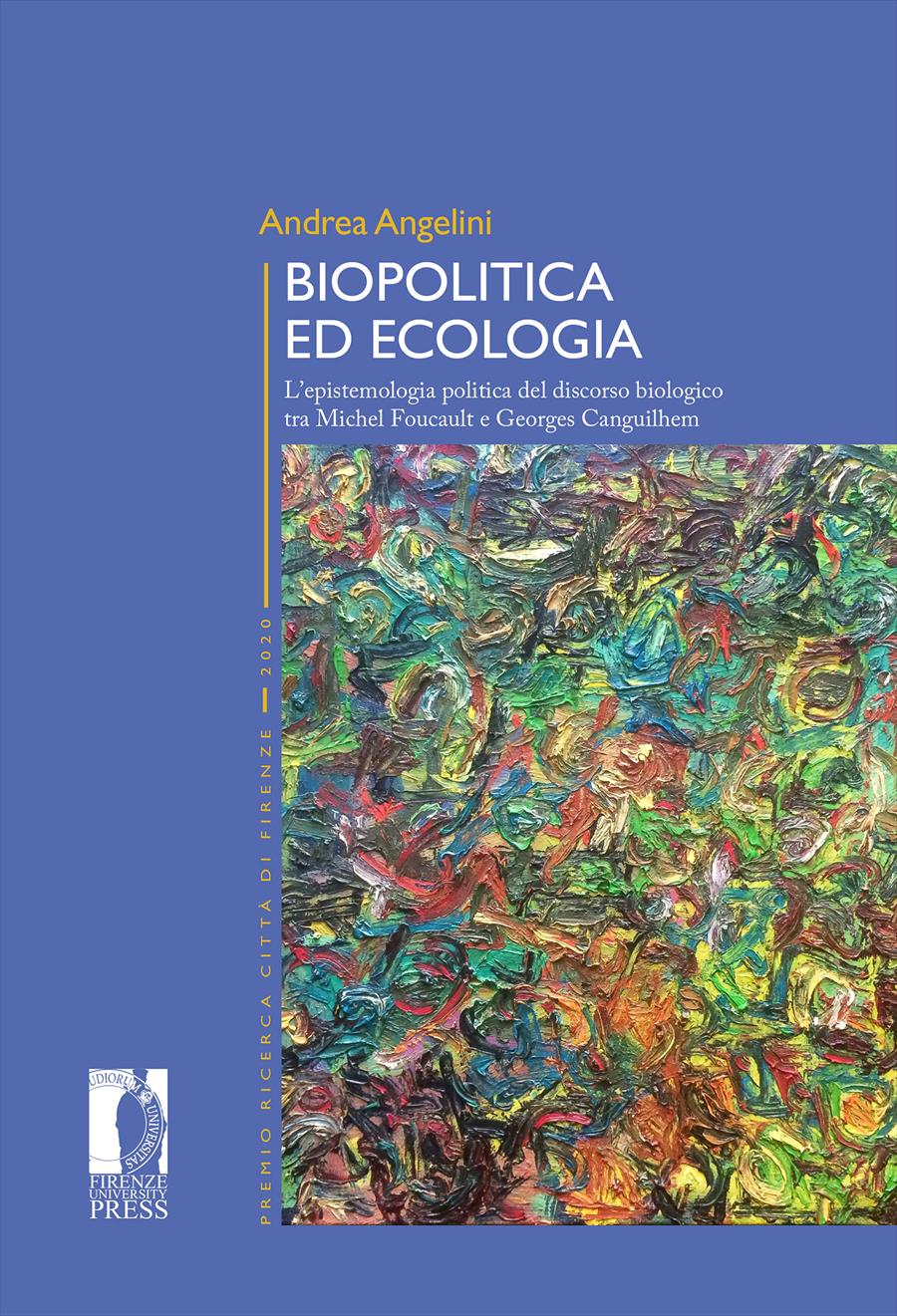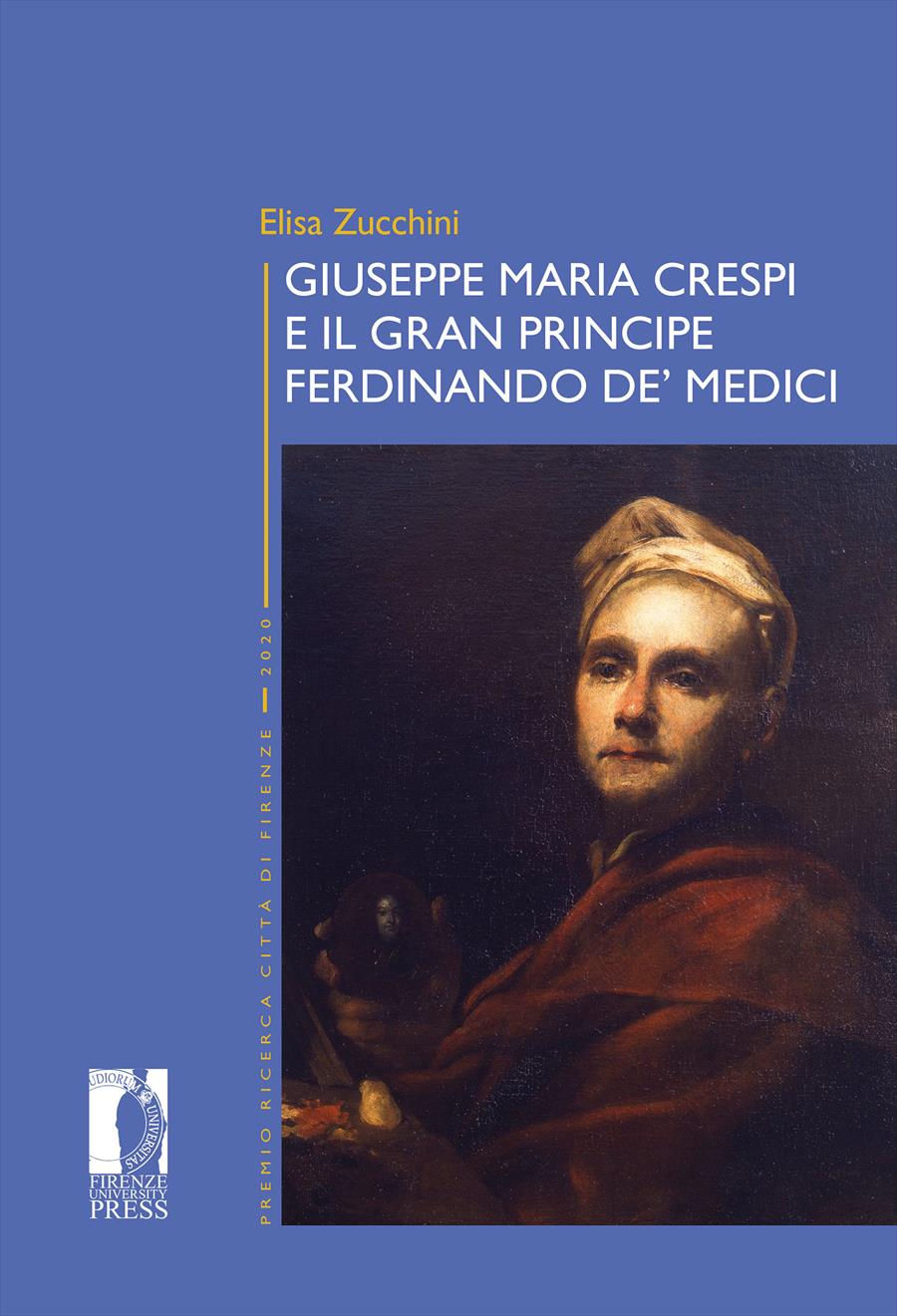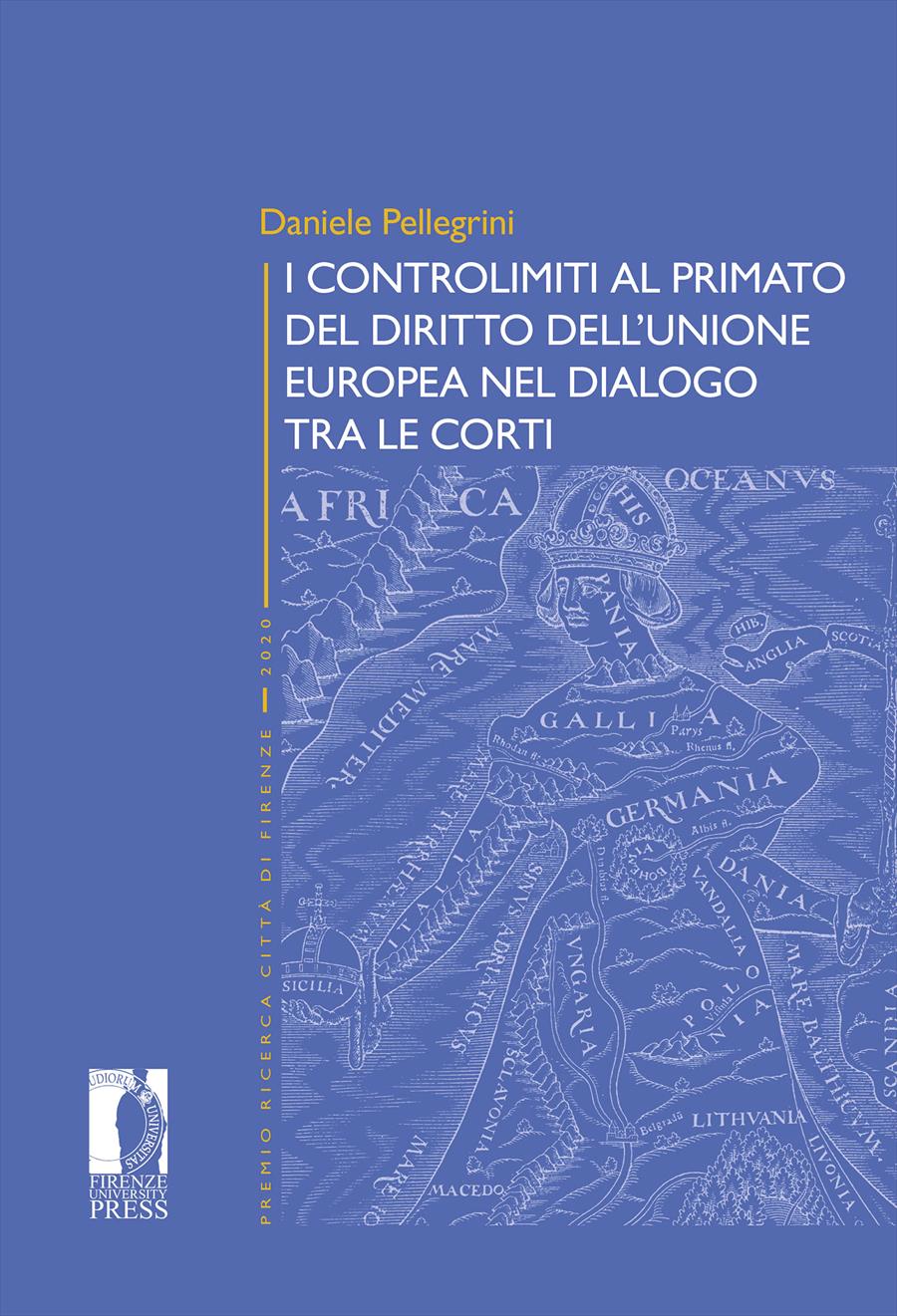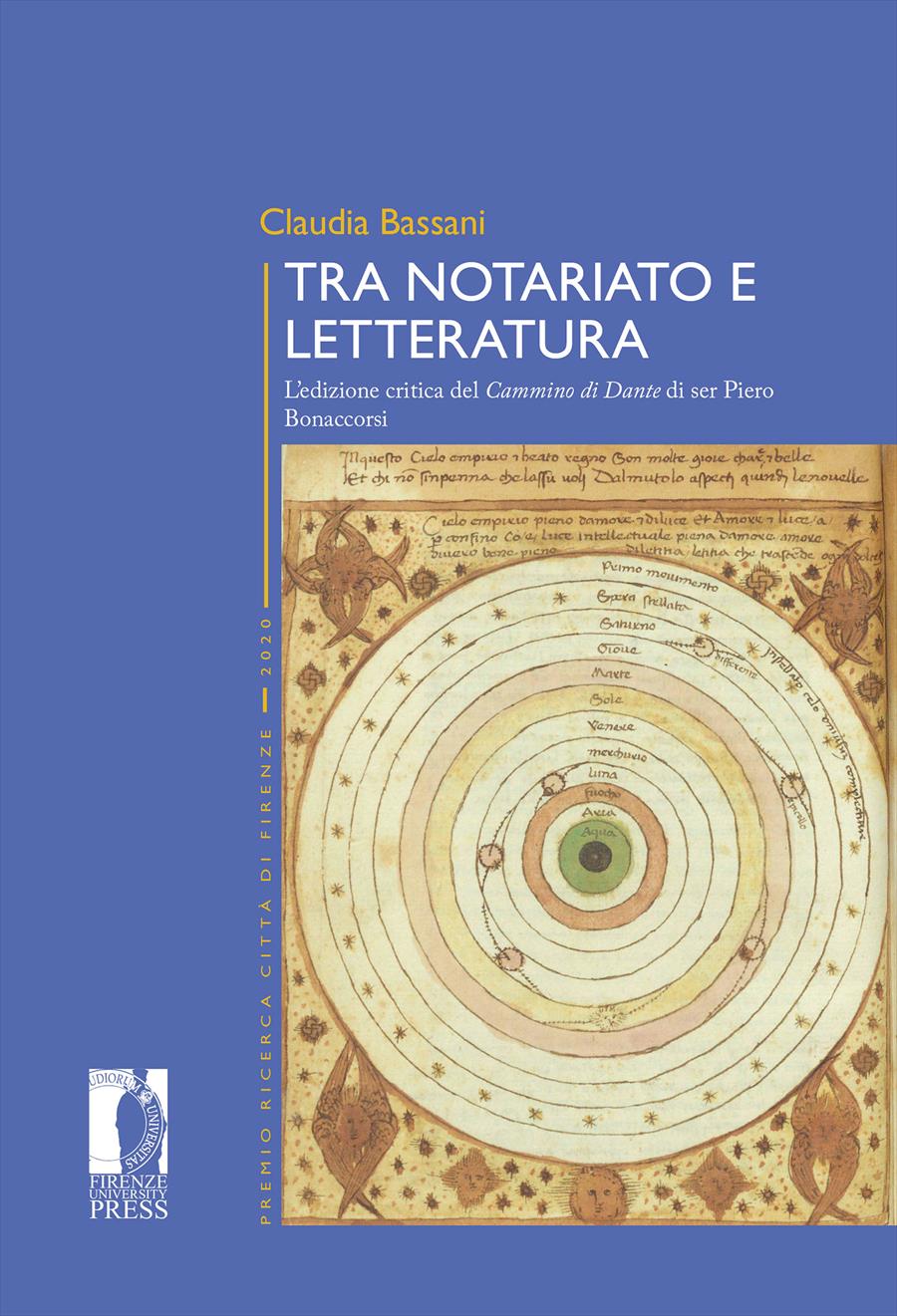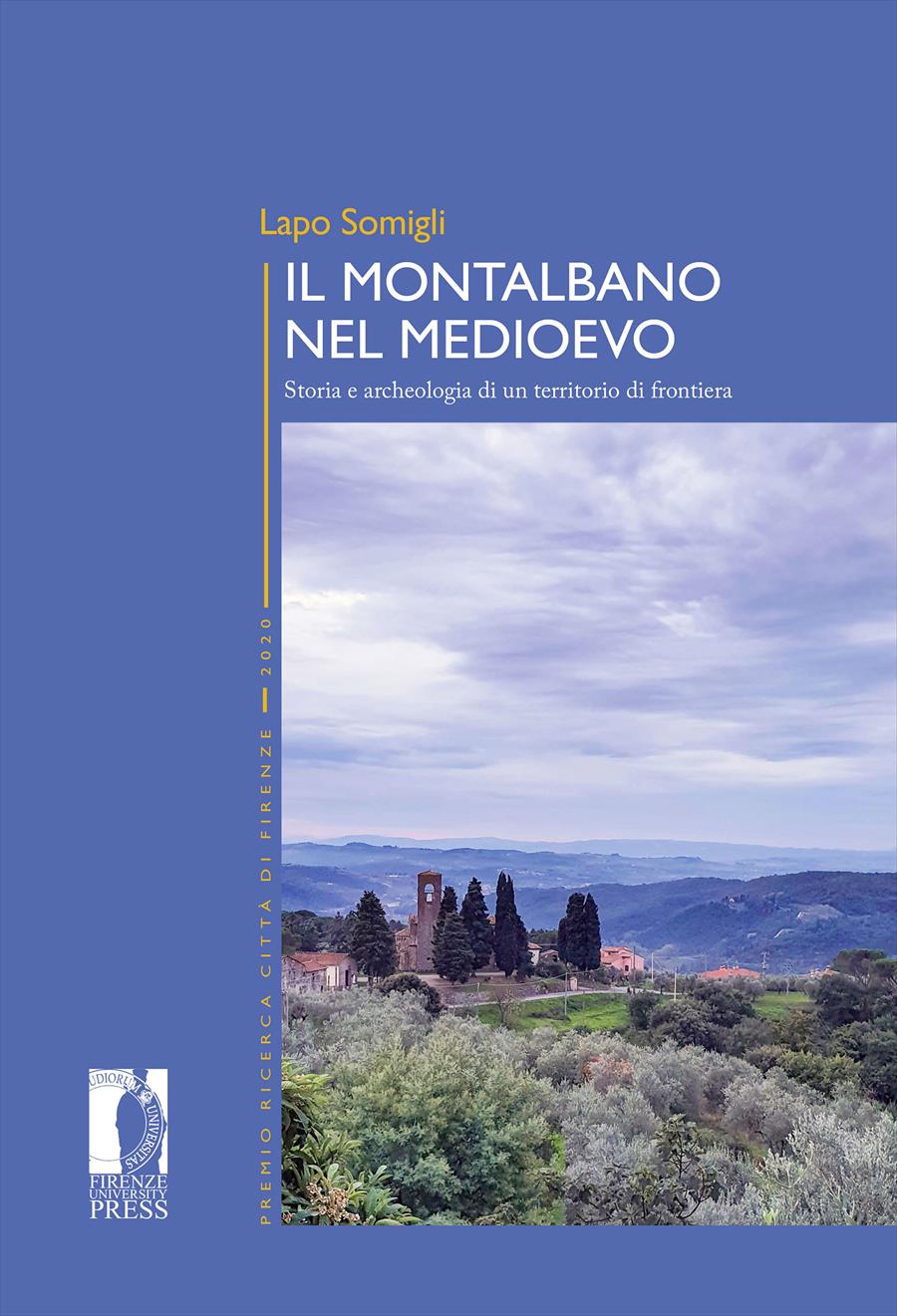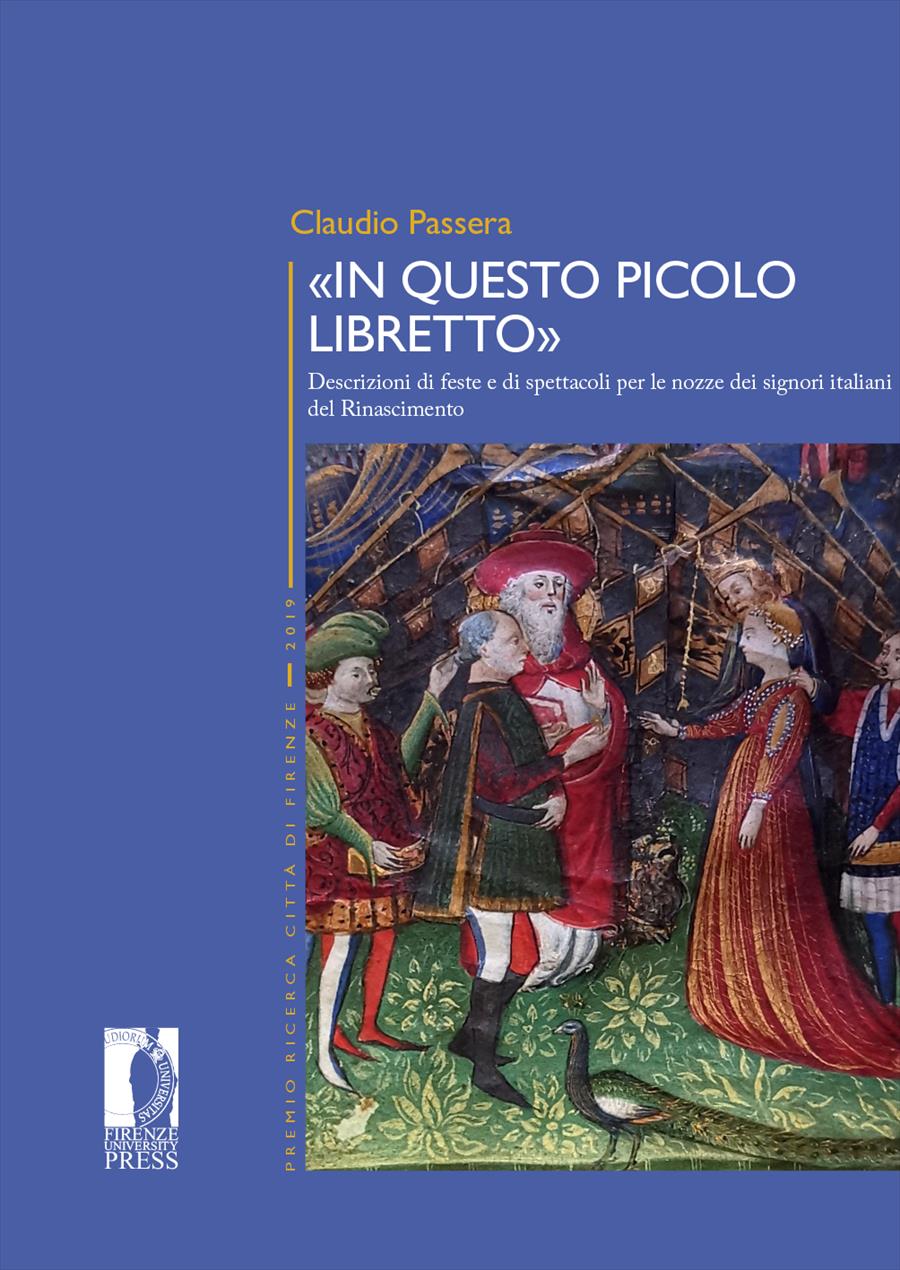Soggetto trascendentale, mondo della vita, naturalizzazione. Uno sguardo attraverso la fenomenologia di Edmund Husserl
- Gabriele Miniagio,
This work intends to make a theoretical critique of naturalization, not in the name of transcendental idealism, but in that of a new phenomenology of complexity, while seeking its essential concepts. In this, the crisis of the sciences, the tendency to forget subjective experience and the human world in the broad sense, is traced back, not to the inability to go beyond the level of natural-objective knowledge towards a transcendental fundament, but to the inability to remain there and explore the multiple organizational levels of what is given in it. In this perspective, investigating consciousness as a set of real states and acts within an objective world that exists and has its structures must lead, not to the reduction of subjective experience, but to the complexification of reality.
The theoretical critique of naturalization is carried out as part of a genealogical analysis, making it emerge as a tool of biopower, a discursive practice with a performative nature, whose result, perfectly suited to late cognitive capitalism, is to produce that same naturalized subjectivity which it theoretically enunciates.
- DOI: 10.36253/978-88-6655-285-7
- Series: Premio Ricerca «Città di Firenze»
- Scientific Board
- Language: Italian
- Subjects: Philosophy
- Download PDF
-

- © 2012 Author(s)
- CC BY-ND 3.0 IT
University of Florence, Italy
- Publication Year: 2012
- Pages: 228
- eISBN: 978-88-6655-285-7
- Content License: CC BY-ND 3.0 IT
- © 2012 Author(s)
- Publication Year: 2012
- eISBN: 978-88-9273-567-5
- Content License: CC BY-ND 3.0 IT
- © 2012 Author(s)
Bibliographic Information
Book Title
Soggetto trascendentale, mondo della vita, naturalizzazione. Uno sguardo attraverso la fenomenologia di Edmund Husserl
Authors
Gabriele Miniagio
Peer Reviewed
Publication Year
2012
Copyright Information
© 2012 Author(s)
Content License
Metadata License
Publisher Name
Firenze University Press
DOI
10.36253/978-88-6655-285-7
eISBN (pdf)
978-88-6655-285-7
eISBN (xml)
978-88-9273-567-5
Series Title
Premio Ricerca «Città di Firenze»
Series ISSN
2705-0289
Series E-ISSN
2705-0297
